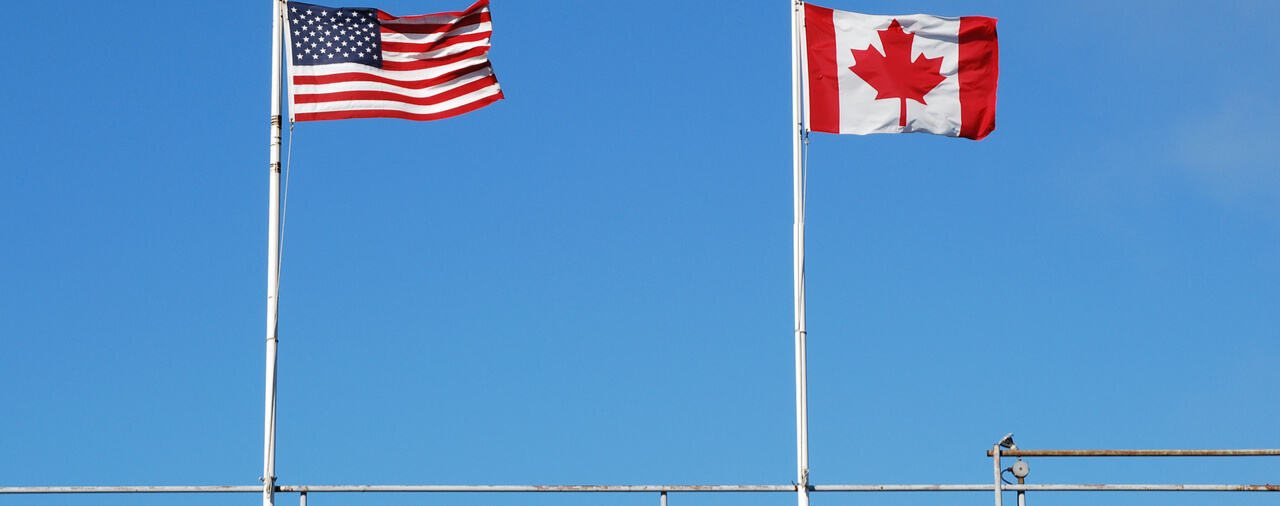In the early months of the Trump Administration, there have been reports of dramatic increases of individuals crossing the U.S.-Canada border to seek asylum in Canada. On September 27, 2017, Brian Freeman of Newsmax reported that “some 7,000 asylum seekers from the U.S. have reached Canada in the last two months alone…” [PDF version].1
In response to the surge of asylum seekers from the United States crossing the border to Canada, the Canadian government is, according to Freeman’s report, attempting to send the message that those who cross the U.S.-Canada border in this manner may face deportation to their countries of nationality. Furthermore, the Canadian government made clear that “someone who has been denied asylum in the U.S. … is unlikely to receive it in Canada.” Furthermore, the Canadian Minister of Immigration, Refugees and Citizenship, Ahmed Hussen, made clear that “[n]ot having or losing status in the U.S. is not grounds for an asylum claim.” Freeman added that Canadian immigration lawyers stated in an interview with Vice that those who qualified for Deferred Action for Childhood Arrivals (DACA) in the United States would, in most cases, be unlikely to qualify for any sort of immigration status in Canada.
The article suggests that many individuals crossing the U.S.-Canada border have misconceptions about the Canadian asylum laws. These misconceptions were perhaps exacerbated by Prime Minister Justin Trudeau’s Twitter response to President Donald Trump’s January 27, 2017 Executive Order 13769:

At the Law Offices of Grinberg & Segal, we handle all matters relating to the U.S. immigration laws. Since we are not Canadian immigration lawyers, we cannot offer professional guidance on the Canadian asylum laws. However, individuals with immigration questions should always seek the counsel of an experienced immigration attorney in the country about which they have questions. It appears that even those who may not be technically barred from seeking asylum in Canada based on Canada’s bilateral treaty with the United States [see section] are nevertheless finding that the Canadian asylum laws are not as welcoming as they had believed. It is important not to take actions, such as illegally crossing the U.S.-Canada border, based on conjecture or glib statements from public officials. Those with questions about either the Canadian or U.S. immigration systems should consult with an experienced Canadian or U.S. immigration attorney, respectively.





